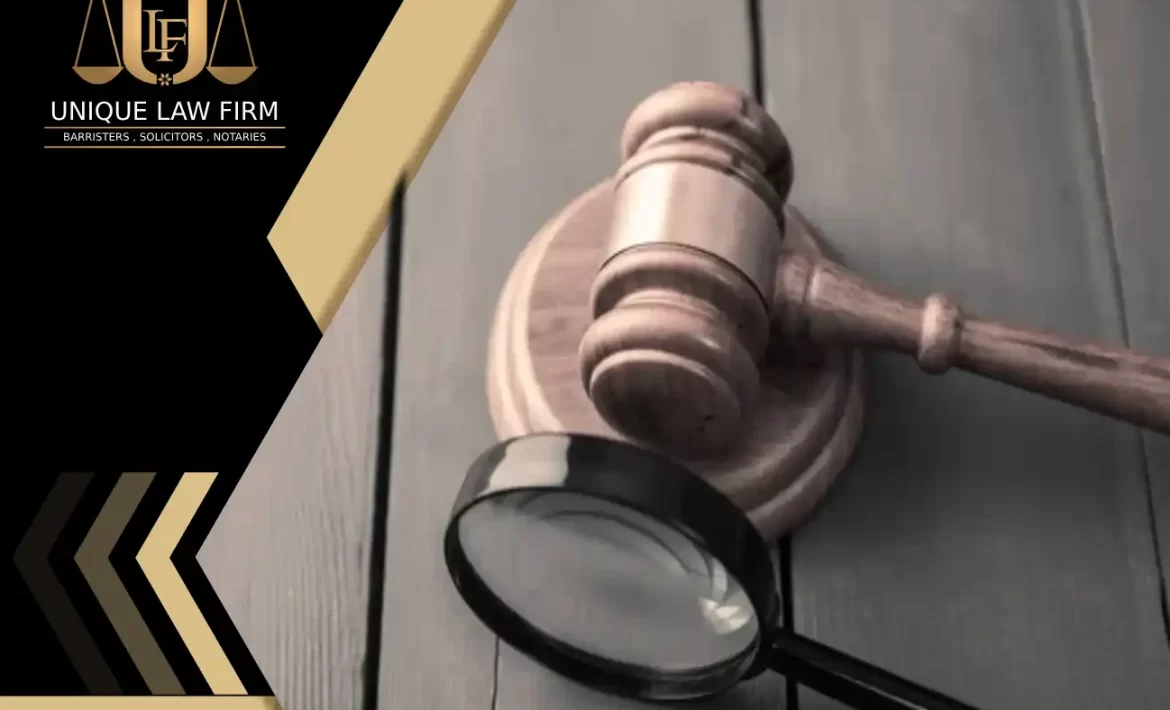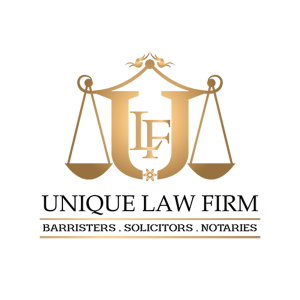Judicial review is a fundamental aspect of the Canadian legal system, serving as a critical mechanism through which courts ensure the legality, fairness, and reasonableness of decisions made by governmental bodies, administrative agencies, and lower courts.
This legal process acts as a check on governmental power, promoting accountability and protecting individual rights as enshrined in the Canadian Charter of Rights and Freedoms. In this comprehensive exploration of judicial review in Canada, we will delve into its definition, processes, significance, possible outcomes, challenges, and the overarching principles that guide its application.

Defining Judicial Review
Individuals who have been adversely impacted by a government decision (e.g., denied a permit or benefit).
Organizations challenging regulatory decisions that affect their operations or interests.
Businesses contesting government actions that impact their economic activities.
The threshold for standing is generally not high, as the courts aim to provide access to justice and allow affected parties to seek remedy for potential wrongs.
Legality: The decision in question must be rooted in law and within the jurisdiction of the body that issued it. This means that the decision-maker must have the legal authority to make the decision and that the decision conforms to relevant legislation and legal principles.
Fairness: This ground assesses whether the decision-making process was conducted fairly. This may involve ensuring that all parties had an opportunity to present their case and that the decision-maker did not act in a biased or prejudicial manner.
Reasonableness: Courts assess whether the outcome of the decision is reasonable in light of the evidence presented. A decision should not be arbitrary; it must be based on a logical and rational basis. Courts exercise a standard of “reasonableness” in their review, meaning they respect nuanced administrative decisions unless they are patently unreasonable.
1. Filing the Application: Affected parties must file a notice of application for judicial review, outlining the grounds on which they seek to challenge the decision. This application is typically made to the Federal Court or a provincial superior court, depending on the jurisdiction of the decision in question.
2. Preparation of Documentary Record: The applicant must compile and submit a comprehensive record of the proceedings from the decision-making body. This includes transcripts, documents, and any other relevant evidence that reflects the decision-making process.
3. Respondent’s Opposition: The government agency or body whose decision is being challenged is given an opportunity to respond to the application. They may file their own affidavits and legal submissions defending the legality and reasonableness of the decision.
4. Hearing: A hearing takes place before a judge or panel of judges, during which both parties present their arguments. The court reviews the evidence, assesses the legal arguments, and may call for additional information if necessary.
5. Court Decision: After evaluating the arguments and evidence, the court issues its decision, which may involve either upholding the original decision, quashing it, or remanding it for further consideration by the original decision-making body.
Possible Outcomes of Judicial Review
Cancellation of the Decision: Should the court find that the decision violated principles of legality, fairness, or reasonableness, it may annul the decision, effectively rendering it void.
Reconsideration: In cases where the court believes that a decision needs further deliberation or procedural adherence, it may send the matter back to the original decision-making body for reconsideration, providing directions on how to proceed appropriately.
Promotion of Accountability: By holding governmental bodies accountable, judicial review fosters transparency and encourages responsible governance. This aspect is essential to maintaining public trust in democratic institutions.
Maintenance of the Rule of Law: Judicial review reinforces the concept of the rule of law, ensuring that all acts of governance are conducted within a legal framework. It serves as a reminder that government powers are not absolute and are subject to legal scrutiny.lit sed do eiu smod tempor incididunt ut labore.

1. Complexity of the Process: The procedural and substantive complexities of judicial review can be daunting for applicants. Legal representation is generally recommended to navigate these intricacies effectively.
2. Limitations on Challenges: Certain governmental decisions may be exempt from judicial review due to their non-justiciable nature. Political decisions and matters that are purely discretionary often fall outside the scope of judicial review.
3. Lengthy Process: Judicial review can be a protracted process, involving significant time and resources. Potential applicants must weigh these factors against the possible benefits of seeking a review.
4. Public Interest and Resource Allocation: There is an ongoing debate regarding resource allocation for judicial review, particularly concerning public funding for individuals seeking legal representation. Concerns are raised about access to justice and ensuring that marginalized individuals have equality of access to judicial review processes.
Here are some additional points to consider:
Judicial review is a complex legal process and it is recommended that you consult a lawyer if you intend to apply for it.
Not all decisions of government bodies can be challenged through judicial proceedings. Depending on the circumstances, there may be certain criteria or restrictions.
Judicial review can be a lengthy process, so it’s important to weigh its potential benefits against the time and resources involved.
In general, judicial review plays an important role in maintaining a fair legal system, as it ensures that government institutions act lawfully and with respect for individual rights.
Conclusion
Judicial review in Canada is a cornerstone of democratic governance and the rule of law. It acts as a mechanism for checking governmental power, ensuring that actions taken by public bodies are legal, reasonable, and fair. By allowing individuals to challenge decisions that adversely affect their rights, judicial review plays a critical role in safeguarding personal freedoms and promoting accountability in government.
While the process can be complex and lengthy, its importance cannot be overstated. As Canada continues to evolve, the significance of judicial review as a tool for protecting individual rights and maintaining the integrity of the legal system remains vital. It is a testament to the robustness of Canadian democracy and its commitment to upholding the principles of justice and fairness in governance.
As such, understanding and engaging with judicial review is crucial not just for legal practitioners, but for all citizens who value the system of checks and balances that underpins Canadian democracy. Whether one seeks to challenge a government decision or participate in broader discussions about governance, the principles of judicial review hold relevance for fostering a society that respects the rule of law and the rights of its individuals.
Do you need legal assistance?
Contact Us today to enquire about our services or to arrange a conference with our highly qualified Lawyers.



